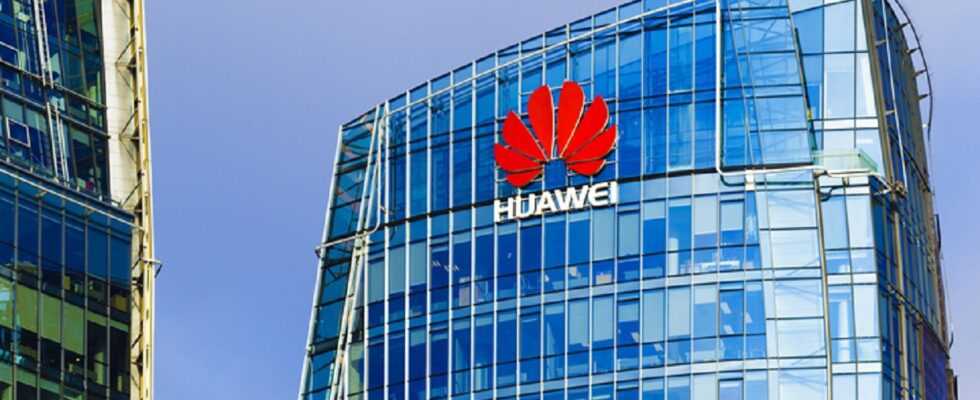Huawei reported a 28.56% drop in revenue in 2021, marking the first drop in its annual sales, which were affected by a sharp decline in its smartphone business. Struggled by ongoing US trade sanctions, the Chinese technology provider intends to “readjust” its business portfolio to exploit digitalization and carbon neutrality opportunities.
In 2021, its revenue was $100.01 billion. Its net profits, however, rose by 75.9% to 17.86 billion dollars, argues the management of the Chinese manufacturer. In a press briefing, the group’s rotating chairman, Guo Ping, said its carrier business was “stable” while the firm’s enterprise business recorded “steady growth.” Its consumer business has entered “new areas”, he added. Meanwhile, Huawei chief financial officer Meng Wanzhou – who was speaking for the first time since returning from Canada – said that the company was now “better able to weather the storm” thanks to growing profits and cash flow, despite falling revenue in 2021.
In an interview with ZDNet, Huawei executives blamed the Chinese giant’s slump in revenue on the “great decline” of its smartphone business, a market in which the company was once number one. Richard Yu, president of Huawei’s mobile business, says U.S. sanctions won’t stop the Chinese vendor from continuing to drive innovation in this key market. Noting that these difficult times will eventually pass, he assured that Huawei will continue to improve the customer experience around five key areas, including connected home, smart mobility and entertainment.
US sanctions hurt
In 2021, Huawei struggled to find a way out of US sanctions. Now deprived of access to Google services in particular, the Shenzhen firm last summer released an update to its mobile operating system, HarmonyOS 2, on 100 of its devices in China, including smartphones, connected watches and tablets. Huawei previously used Android as the operating system for its smartphones, but was forced to seek an alternative platform when US trade sanctions forced Google to restrict Huawei’s access to its apps and mobile platform.
Huawei continues to launch new smartphone models, including the latest P50, released last year. However, the Asian giant can only rest on its domestic market, while sales outside of China have generally fallen. The increase in its net profit was fueled by the sale of its Honor and server businesses. However, Huawei told ZDNet that the profits were partly driven by “improved product lineup” and greater efficiency in its operations. Huawei also sold its x86 server business, also due to US trade sanctions, to Henan Information Industry Investment last November.
More talkative about its “enhanced product offerings”, the Chinese giant claims to have invested more in its software business in 2021 and established “domain-specific subsidiaries”, such as its digital energy business. Internal teams, particularly in the field of coal mining and transport, have also been integrated in order to streamline management chains and speed up the response to customer needs. Huawei also notes that its Enterprise business grew last year, with new business segments including cloud and digital energy seeing growth of more than 30%. Asked about this, the supplier clarified that it did not separate the revenue figures for its cloud computing and digital energy activities.
Heading for 6G
Faced with US sanctions, Huawei now intends to “readjust” its business portfolio according to the evolution of digitization and carbon neutrality, in order to be able to meet customer requirements. “We will focus on connectivity, computing, devices, smart automotive components, cloud, and digital energy, and strive to create thriving OpenHarmony, openEuler, and MindSpore ecosystems.” of the Chinese giant.
To do this, the Shenzhen firm intends to invest in three key areas: optimizing the architecture of systems, improving software performance and “theoretical exploration”. This is a challenge for Huawei, now deprived of various advanced processing techniques due to US sanctions against it. Not enough to make her give up, she who wishes in particular to invest in research on 6G and obtaining patents on this new generation of mobile technology.
The company says it increased its investment in R&D and product reengineering by 30% in 2021. The company figures its investment in 2021 at $22.41 billion, representing 22.4% of its overall revenue.
Source: ZDNet.com
